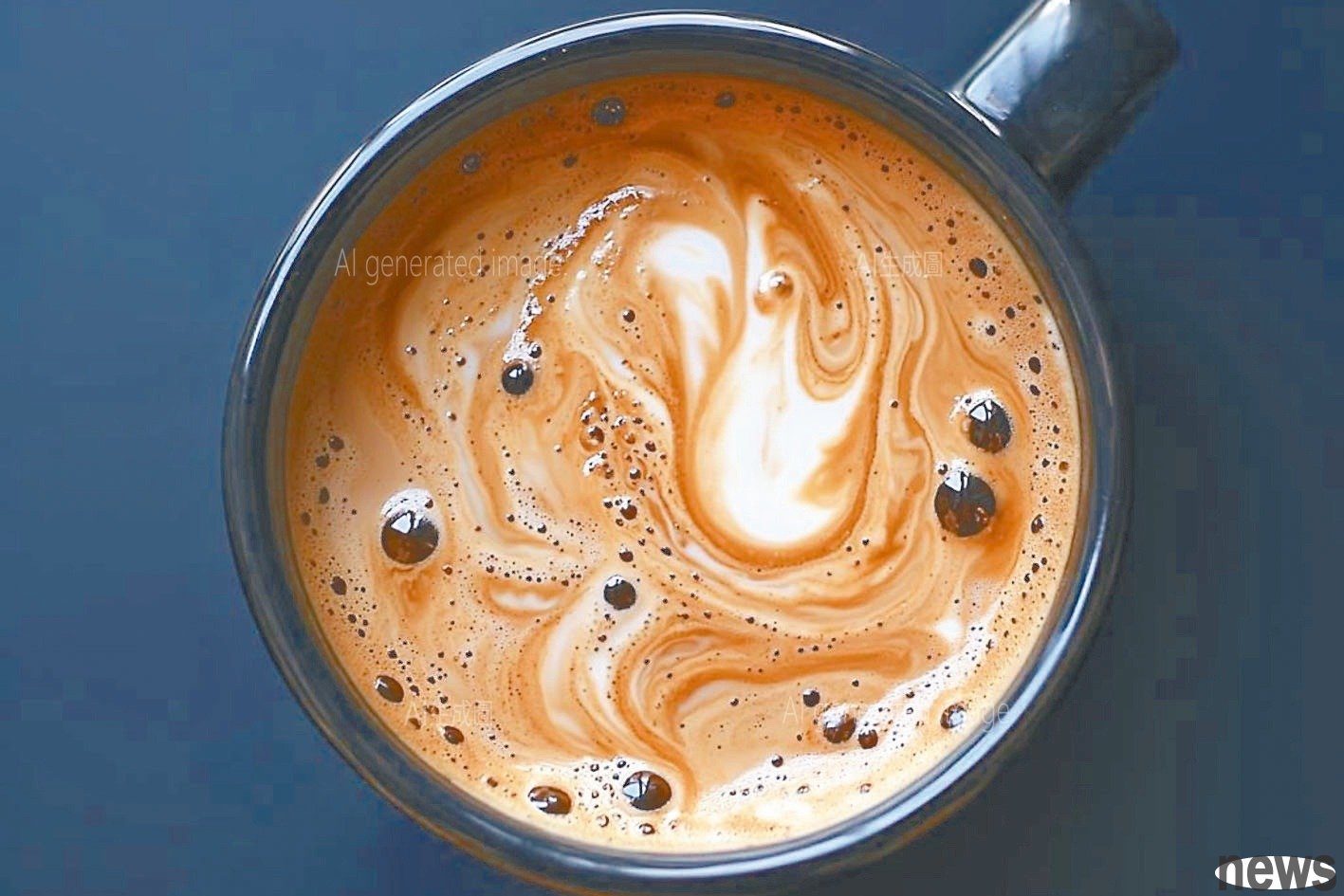
Coffee not only brings short-term mental revitalization, but also is related to reducing the risk of type 2 diabetes, certain cancers and inflammatory diseases. However, the ingredients of coffee may also affect the absorption of certain nutrients, thereby reducing or changing the health benefits of certain foods.
Although each person's physical condition is different, some people can tolerate specific foods and coffee combinations, if you want to maximize nutritional and health care, it is best to avoid eating these six foods along with coffee:
{9 99} 1. Citrus fruitscoffee itself are highly acidic, with a pH value between 4.85 and 5.13; while citrus fruits such as orange, grapefruit, and lemon are similarly highly acidic foods. When the two are taken together, it is easy to stimulate the gastric mucosa and increase the risk of gastroesophageal reflux, which may cause excessive gastric acid, gastric gas, nausea or burning heat, etc.
In addition, the sour taste of citrus may also destroy the coffee flavor and make the overall taste more bitter. Therefore, it is recommended to separate citrus fruits and coffee, which not only prevents digestive tract from inappropriateness, but also better tastes the flavor and nutrition of the two.

Red meat (such as beef, mutton) is one of the main sources of blood-based iron, which helps human hematopoiesis, maintain immune function and hormone synthesis. However, some studies have pointed out that taking coffee with red meat will greatly inhibit the absorption of iron and reduce its nutritional value. A study shows that if you drink coffee after a meal, the absorption rate of iron may drop by up to 39%. In the long run, it may increase the risk of iron-deficient blood. Therefore, it is recommended not to drink coffee after the red meat meal, so that the body has a better chance of absorbing it.
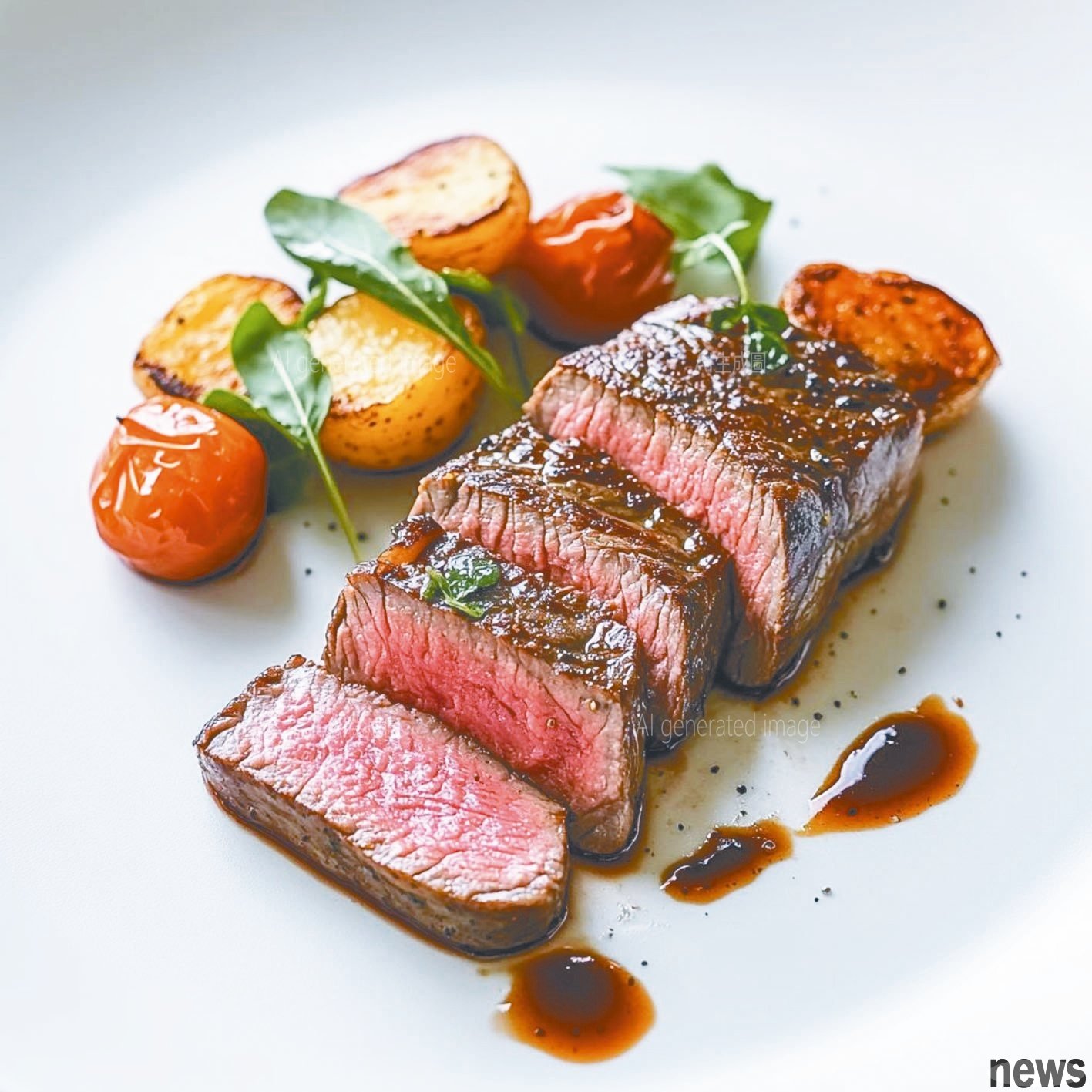
Milk is an important source of calcium quality, and a glass of milk can provide about 23% of the daily recommended intake for adults. However, caffeine in coffee promotes the discharge of calcium, thereby reducing the calcium's pure absorption rate.
Long-term intake of calcines can cause threat to bone health and increase risks of bone relief and kidney stones. If you are used to drinking white coffee, you may be able to supplement high-calcium foods at other times or switch to plant milk, and consult a nutritionist to adjust your diet.
4. Fried foodResearch points out that excessive coffee consumption and fried food are related to hyperlipidemia. Coffee may increase the levels of low-density lipoprotein (LDL, commonly known as bad sterol) and inhibit high-density lipoprotein (HDL, good sterol), further affecting cardiovascular health.
If it is paired with high-greasy and high-heat fried food, it will add cardiovascular burden. According to research, eating fried foods more than four times a week will significantly increase the risk of cardiovascular disease. For health, it is recommended to reduce the fresh food and coffee at the same time, and it is more appropriate to choose a low-greasy breakfast with coffee.
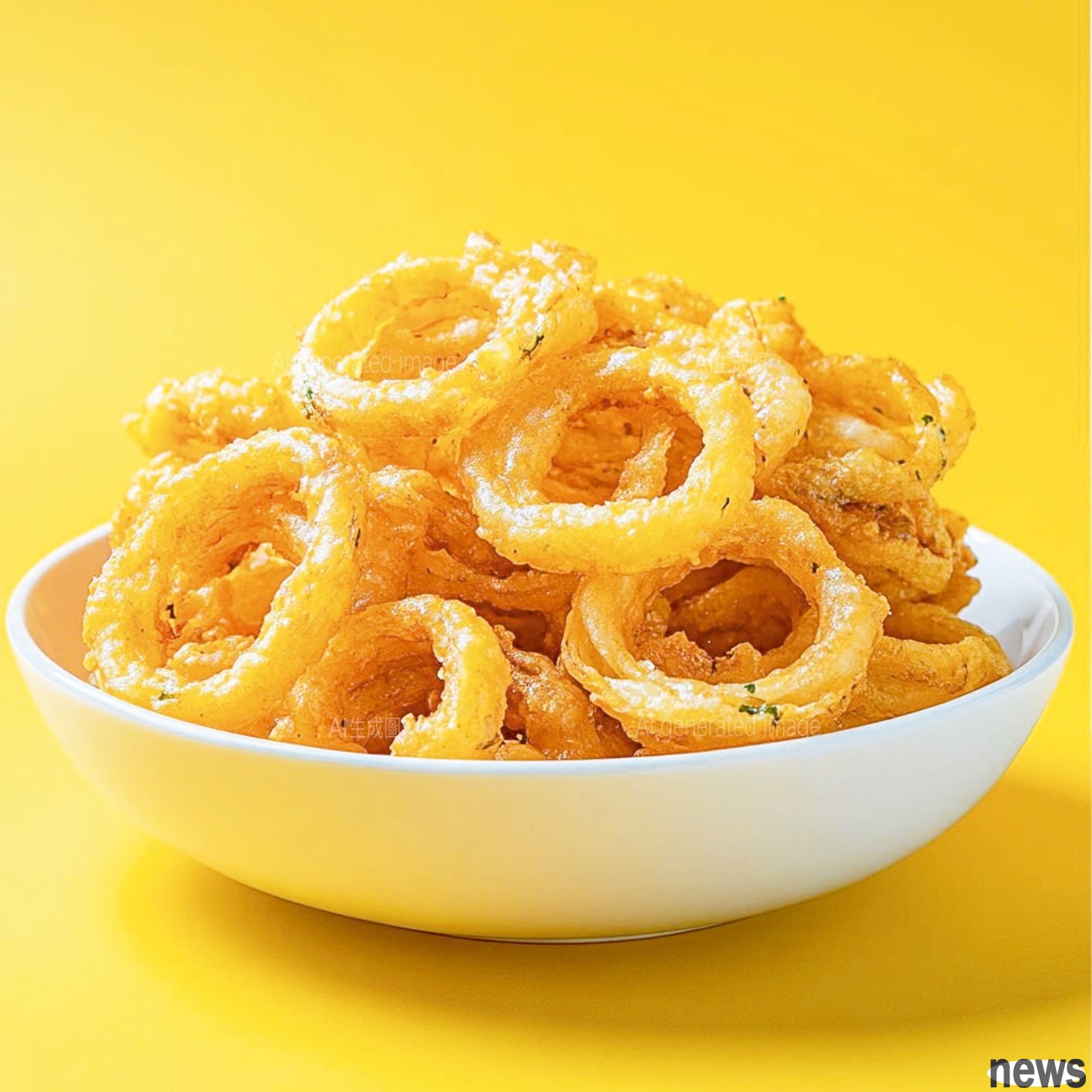
Many breakfast cereals will add additional nutrients such as irrig, iron, vitamin B groups, etc. as one of the sources of daily nutrition supplementation. However, some ingredients in coffee will interfere with the absorption of the oil, which may weaken and strengthen the nutritional effect of the food.
Although there are currently no accurate research showing that eating coffee and cereal tablets at the same time will cause harm to the body, if you use cereal tablets as a way to replenish minerals, it is recommended to avoid eating coffee at the same time. You can choose to drink coffee one hour after breakfast, so that the body can absorb the minerals completely.
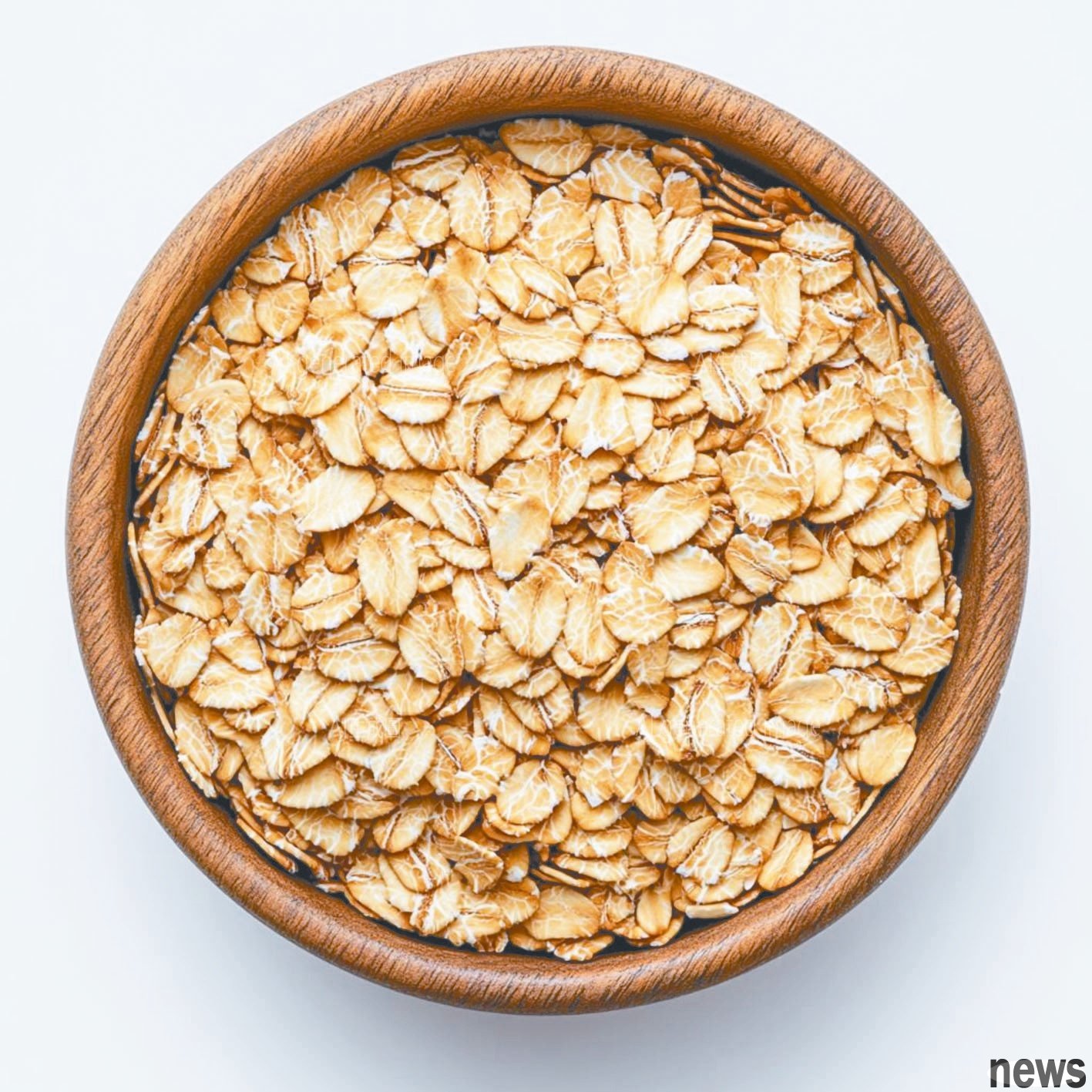
Although coffee does not contain calf itself, caffeine will affect the blood pressure regulation mechanism, especially for people who already have high blood pressure. If you take high-salted foods (such as dry baits, processed meat, ready-to-eat noodles, etc.) at the same time, it may further increase blood pressure. If you have high blood pressure or are controlling ingestion, it is recommended to choose a low-calf meal with coffee, or adjust the diet structure under the guidance of a doctor and nutritionist.
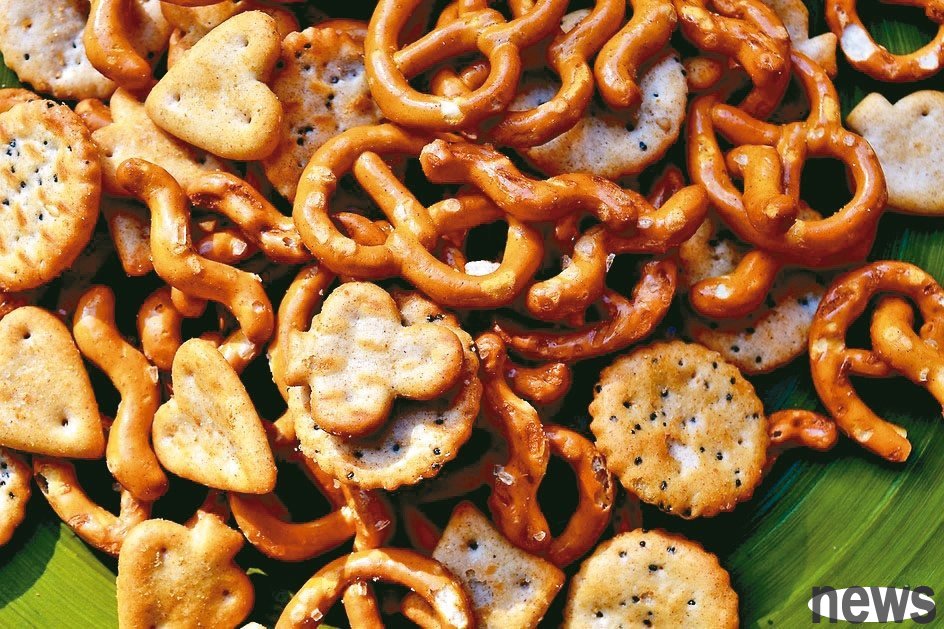
Although some foods are not suitable for eating with coffee, there are still many healthy choices to eat with coffee. For example:
. Whole Mac bread: Research has found that taking coffee and bread at breakfast can help reduce abdominal fat.. Swallow malt porridge: rich in water-soluble fiber, which helps stabilize blood sugar. Eating it with coffee can improve long-lasting energy.
. Fresh berries: rich in antioxidants and natural sweetness, neutralizing the bitterness of coffee.
. Fruits (such as almonds): Provides healthy fats and protein, helping to increase footing and stabilize blood sugar.
Healthy suggestions for drinking coffee. Avoid drinking coffee during regular meals: especially meals rich in calcines, irons and irrigs to avoid coffee from hindering the absorption of minerals.
. Take as much as possible in the morning or early afternoon: avoid affecting the quality of sleep at night.
. Daily caffeine extraction is capped at 400 mg: about 4 to 5 cups of coffee.
. If you have a medical habit, you should consult the doctor: Caffeine may disrupt drug absorption and healing.
. Observe personal reactions: Each person has different body quality and should adjust the drinking time and frequency according to his/her own situation.
